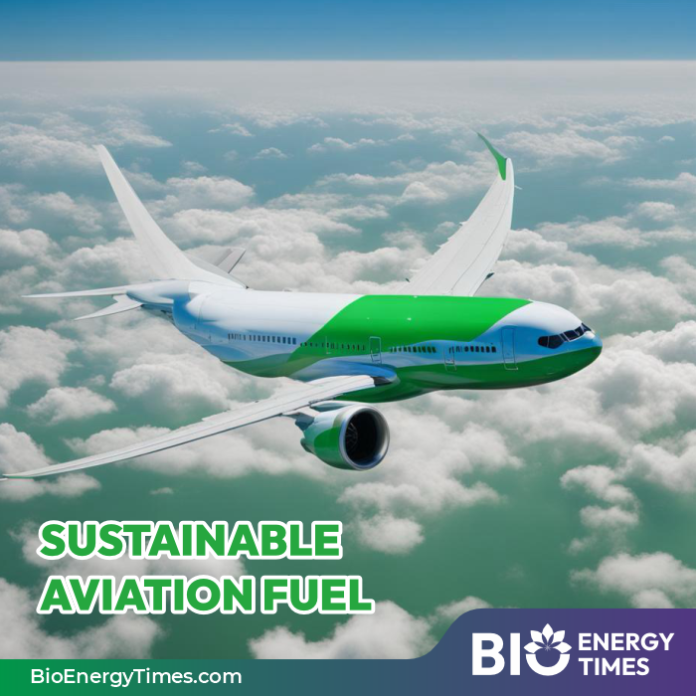Neste and Air New Zealand have reached an agreement for the supply of 23,000 tons (30 million liters) of unblended Neste MY Sustainable Aviation Fuel™ (SAF), marking the airline’s largest SAF purchase to date. This fuel will be used at Los Angeles (LAX) and San Francisco (SFO) international airports until February 2026.
This new agreement builds on previous SAF deliveries, including shipments to Air New Zealand at LAX in 2024 and Auckland Airport in 2022. The SAF will be blended with conventional jet fuel to meet required jet fuel specifications before use. The fuel will be delivered through the existing fuel supply systems at both US airports, utilizing Neste’s established infrastructure.
Kiri Hannifin, Air New Zealand’s Chief Sustainability and Corporate Affairs Officer, commented, “This purchase represents 1.6% of our total fuel supply for the 2025 financial year, helping us achieve our SAF target. While SAF still makes up a small portion of our overall fuel usage, this volume is four times greater than what we used in 2024, which is a significant step forward. Like all airlines, we need to reduce our reliance on fossil fuels as quickly as possible, and securing larger volumes of SAF year after year is crucial to achieving this goal.”
Alexander Kueper, Vice President of Renewable Aviation Business at Neste, said, “We are proud to support Air New Zealand in its efforts to increase SAF usage and lower aviation emissions. This supply at LAX and SFO airports is another significant milestone in our collaboration, and we look forward to continuing to work with Air New Zealand to help them meet their climate targets.”
Sustainable aviation fuel (SAF) is a renewable alternative to traditional fossil-based jet fuel, offering significant environmental benefits. Neste MY Sustainable Aviation Fuel™ can reduce greenhouse gas emissions by up to 80%* over its lifecycle compared to conventional jet fuel. Made from 100% renewable raw materials, such as used cooking oil and animal fat waste, Neste‘s SAF is blended with conventional jet fuel and is fully compatible with existing aircraft engines and fueling infrastructure.
For detailed information and further insights, please refer to BioEnergyTimes.com, which provides the latest news about the Sustainable Aviation Fuel Industry














